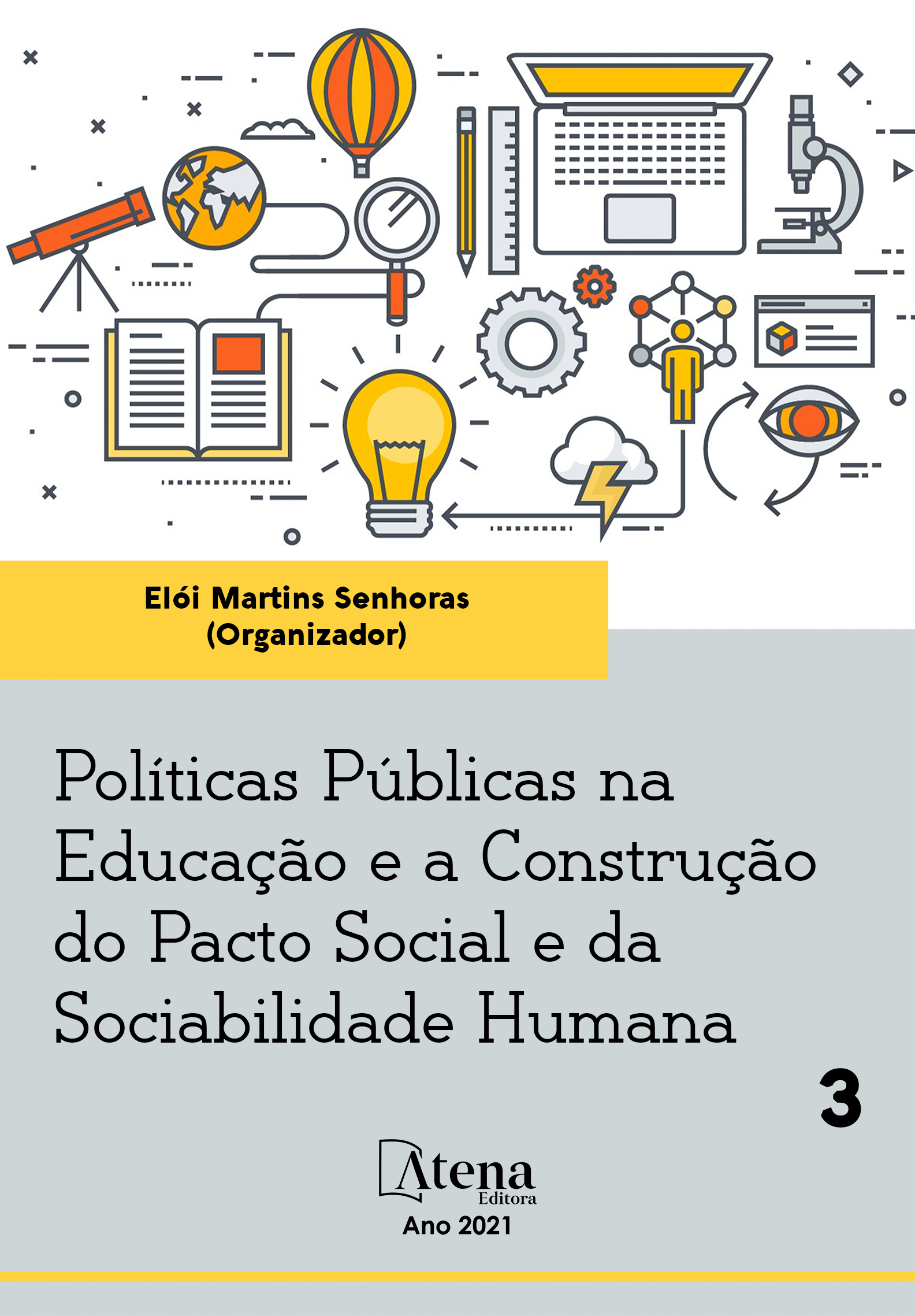
A PRÁXIS DOCENTE NOS PROCESSOS FORMATIVOS EMANCIPATÓRIOS: ATO REGULATÓRIO E ATORES CURRICULANTES
Este trabalho apresenta estudo investigativo sobre a formação docente expressa na Resolução no. 2, de 1 de julho de 2015, objetivando verificar sua contribuição na articulação teoria-prática, na perspectiva de seus fundamentos filosófico-pedagógicos, à luz de um projeto social emancipatório. Foram entrevistados coordenadores de curso e professores de instituições públicas e privadas brasileiras, por meio de abordagem qualitativa de base filosófica dialética. Os resultados demonstram que a legislação por si só não garante a qualidade da formação docente e apontam um descompasso entre a formação docente e os atores curriculantes; necessidade de projetos integradores interdisciplinares; dialogicidade entre os componentes curriculares na articulação teoria-prática; adequada utilização da carga horária ampliada; dicotomia entre bacharelado e licenciaturas; aprofundamento dos conceitos didático-pedagógicos; reestruturação de estágios, dentre outros. Em contextos sociais em movimento, o percurso analítico realizado desvela a prioridade da existência e operacionalização de projetos curriculares emancipatórios no âmbito das Diretrizes Curriculares Nacionais propostas.
A PRÁXIS DOCENTE NOS PROCESSOS FORMATIVOS EMANCIPATÓRIOS: ATO REGULATÓRIO E ATORES CURRICULANTES
-
DOI: 10.22533/at.ed.25321140121
-
Palavras-chave: ato regulatório, formação de professores, práxis educativas emancipatórias, atores curiculantes.
-
Keywords: law, teacher training, educatives emancipated praxis, curricula performers.
-
Abstract:
This paper presents research about the teaching training expressed by the Bill number 2, of July 1st, 2015, aiming to detect its possible contribution to the articulation of theory-practice, under the perspective of philosophical pedagogical bases, in a social emancipated project. For this purpose were interviewed course coordinators and teachers in public and private Brazilian college institutions, through a qualitative approach with a dialectical philosophical basis. The results have shown that the Law by itself is not secure enough to assure the proper quality of teaching training and pointed out the gap between the training and the activity of curricula performers; the need of integrating projects; dialogicity among the syllabus components in a theoretical /pratical articulation; appropriate application of increased working hours; dichotomy between a bachelor’s degree and a specific graduation; deepening of didactic-pedagogical concepts; restructuring of the trainee’s training time, among others. In mobile social contexts, the analytical way achieved unveils a priority: the existence and the operacionalization of independent curricular projects in the field of National Syllabus Guidelines proposed.
-
Número de páginas: 11
- Yara Pires Gonçalves


